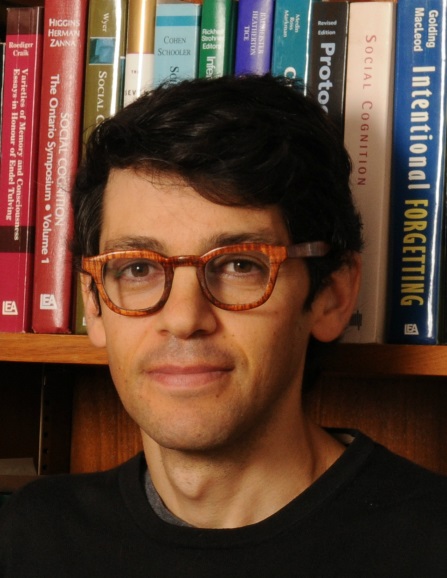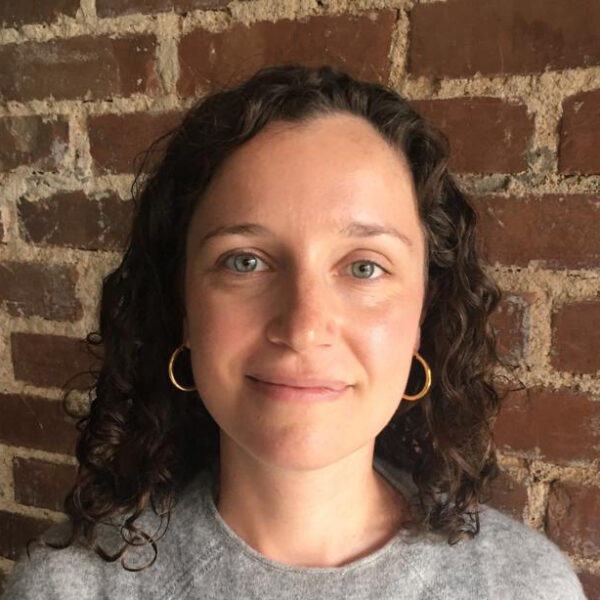Human Capital Initiative Core Faculty Program
The Human Capital Initiative (HCI) Core Faculty Program brings together outstanding Boston University researchers whose scholarship is centered around issues related to human capital, social and economic development, and human well-being. The aim of the program is to actively support faculty research activities in these focal areas and to foster engagement and collaboration within the BU human capital research community at large.
The mission of HCI is to conduct rigorous, policy-oriented, social science research on human capital – the productive potential embodied in all people – and its role in development. HCI’s research seeks to improve understanding of the social, political and institutional factors that shape (a) how human capital is formed and (b) how human capital is translated into individual and collective well-being. In doing so, HCI shifts the focus of human capital research from individual production functions toward generating a deeper understanding of collective functions – or the resources, institutions, strategies and interventions that shape human well-being.
With a diverse group of social scientists from different disciplines, including economics, political science, public policy, business and public health, HCI’s research portfolio has generated rigorous evidence on policies intended to affect the central tensions of contemporary political economies. Working through strong and lasting partnerships in Africa, Asia, North Africa and the Middle East, HCI’s researchers have addressed complex human development problems, for example, how to build resilience in communities affected by poverty, poor health, climate change, migration and conflict.
HCI Research Programs:
- The Program on Women’s Empowerment Research (co-led by Rachel Brulé, Patricia Cortes and Mahesh Karra) investigates the causes and consequences of women’s empowerment on human well-being in low- and middle-income settings. The program studies the extent to which policy and programmatic interventions that seek to be empowering do (or do not) contribute to welfare improvements for women, their families, and their communities. Through applied intervention research, researchers investigate four core domains: 1) human capital (health and education); 2) mobility and access 3) sustainable economic empowerment; 4) gender equality in the labor market.
- Political Economy of Human Capital (led by Rachel Brulé) focuses on issues at the intersection of political economy, public policy, and development. Key research themes of this program include: 1) identifying the extent to which political institutions alter the quality of local public goods – from the structure of the economy to the distribution of property rights; 2) identifying the impact of political institutions on human capital, the capacity of elected leaders to govern, and the quality of deliberative democracy and inter-group relations and 3) studying the impact of affirmative action policies on the quality of local government and human capital.
- Population Health Economics (co-led by Jacob Bor and Mahesh Karra) supports research on the determinants of population health related to economic development and shifting disease burdens. Researchers focus on how structural factors interact with human behavior to shape the health of populations and how policies can target these root causes while accounting for behavioral responses. Key research themes of this program include: (1) transformation of health systems to address chronic disease epidemics; (2) economics of health decision-making and (3) structural interventions for disease prevention.
Benefits for Core Faculty:
- $2,500 seed grant award to advance the Core Faculty Member’s research related to human capital at Boston University.
- Collaboration with other Core Faculty and researchers to organize and support Initiative-sponsored activities (e.g., seminars, conferences, workshops, etc.).
- Engagement with the Initiative’s network of academic, government, and policy partners.
- Support on a range of research and policy-related activities from the HCI and GDP Center administration, including grant and fellowship management, proposal review, communications and outreach support, conference or event planning, among others.
- Eligibility to apply for and receive other HCI-sponsored funding.
Program Details:
HCI Core Faculty are appointed for a one-year term. Applications to the Core Faculty program are evaluated by the HCI Core Faculty members. Appointments are reviewed by the HCI leadership team and may be renewed on an annual basis. Newly appointed Core Faculty will receive a one-time $2,500 seed grant award to further their research related to human capital and well-being at Boston University. HCI Core Faculty are provided a variety of opportunities to collaborate with other researchers affiliated with the Initiative and interact with a diverse group of academics, policymakers, and practitioners from around the world. Core Faculty also have access to request administrative resources such as event planning, communication and grant support from the GDP Center’s Administrative Staff.
Eligibility:
Core Faculty are Boston University researchers who are pursuing policy-oriented research in fields that are related to and may be supported by the Human Capital Initiative’s research programs. They must hold a full-time faculty appointment in any one of BU’s schools or departments.
Core Faculty Responsibilities:
- Contribute to the intellectual community at HCI and at the GDP Center at large.
- Collaborate with other HCI Core Faculty, researchers, and students on academic and policy outputs that are commensurate with the Initiative’s mission.
- Actively explore and develop new collaborations within HCI, especially those that span disciplinary boundaries.
- Participate in events, seminars and meetings that are hosted by HCI and the GDP Center.
- Mentor and support undergraduate and graduate students who are involved in HCI-related projects and activities.
- Agree to be identified as a Core Faculty member on the HCI and GDP Center websites.
- Appropriately acknowledge HCI and the GDP Center in activities, publications and research outputs that result from collaboration with the Initiative’s faculty and resources.
- Expand the reach of their research by coordinating with the GDP Center communications and outreach team on promotional activities.
- Contribute to the governance of HCI by attending meetings and sharing their ideas.
Applications to the HCI Core Faculty Program are closed for 2023-2024 academic year.
Current HCI Core Faculty:
-

Jacob Bor
Core Faculty Member, Human Capital Initiative
-

Nina Brooks
Core Faculty Member, Human Capital Initiative
-

Rachel Brulé
Associate Director, Human Capital Initiative
-

Patricia Cortes
Professor of Markets, Public Policy and Law, Questrom School of Business
-

Raymond Fisman
Core Faculty Member, Human Capital Initiative
-

Martin Fiszbein
Core Faculty Member, Human Capital Initiative
-

Neha Gondal
Core Faculty Member, Human Capital Initiative
-

David Lagakos
Core Faculty Member, Human Capital Initiative
-

Lindsey Locks
Core Faculty Member, Human Capital Initiative
-

Benjamin Marx
Associate Director, Human Capital Initiative
-

Rachel Nolan
Core Faculty Member, Human Capital Initiative
-

Solomon Owusu
Assistant Professor, Global Development Policy, Frederick S. Pardee School of Global Studies
-

Peter Rockers
Core Faculty Member, Human Capital Initiative
-

Lawrence Were
Core Faculty Member, Human Capital Initiative
